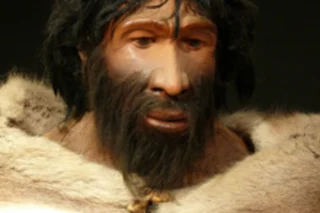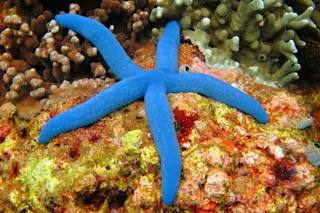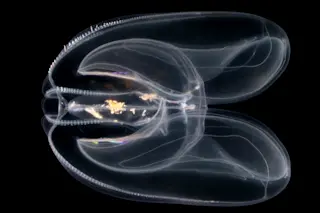When you were born, your brain was more elongated than it is now; it rounded out into its more globular shape as you grew up and crammed it full of knowledge. Neanderthals, it appears, were born with brains in that same elongated shape. But in their case it never changed: Adult Neanderthals' brains didn't move to the more rounded shape like ours, according to a study now out in Current Biology. Scientists have long known that Neanderthals had brains that were about as big as our own, but this study may help explain how their cognitive abilities differed.
[The researchers used CT scans] to study nine fossil Neandertals, including a newborn, a year—old baby, and three children. Because the brain does not fossilize, they studied endocasts, imprints of the brain left in the skull. They found that at birth, both Neandertal and modern human infants had elongated braincases that were ...














